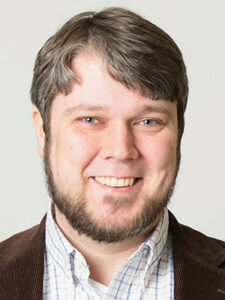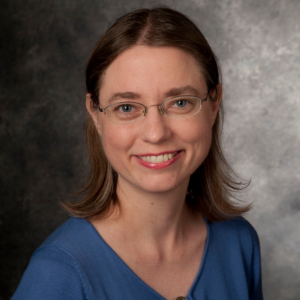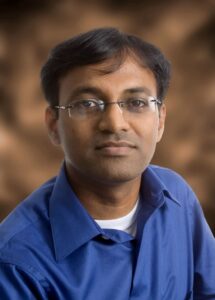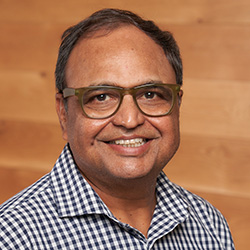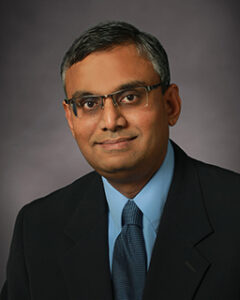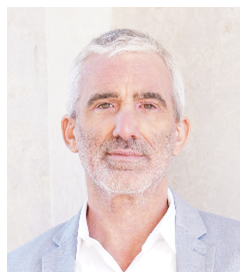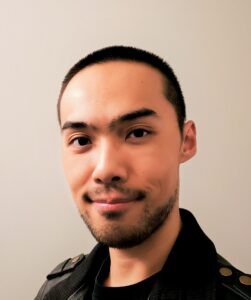Tuesday, April 30, 2024
10:00 – 11:00 a.m. (CST)
WEB 333’s Fishbowl
Dr. Kiran Kuchi
Professor, Department Electrical Engineering
Indian Institute of Technology Hyderabad
Title: “Orthogonal Time Frequency Multiplexing (OTFDM): A Novel Waveform Targeted for IMT-2030”
Abstract
The landscape of International Mobile Telecommunications (IMT) is rapidly evolving with the recent release of the ITU WP 5D recommendation, delineating the framework for IMT-2030. This initiative aims for inclusivity, ubiquitous connectivity, and sustainability while setting goals for coverage advancements and energy efficiency. IMT-2030 necessitates utilizing higher frequency bands and addresses challenges like hyper-low latency and high mobility. To meet these demands, a new waveform, Orthogonal Time Frequency Multiplexing (OTFDM), is proposed. OTFDM offers simultaneous transmission of data and Reference Signals with low PAPR, high energy efficiency, and support for very high mobility and hyper-low-latency. Results demonstrate its potential for future wireless communication systems.
Biography
Professor Kiran Kuchi is a Professor in the Department of Electrical Engineering at the Indian Institute of Technology Hyderabad. He leads 5G-advanced and 6G research and standards development efforts at 3GPP (Third Generation Partnership Program), a global body that develops cellular communications specifications. Professor Kuchi is the author of more than 200 international patents, some of them are declared as 5G standards essential patents (SEPs) to TSDSI and 3GPP. Prof. Kuchi founded WiSig Networks Pvt Ltd, at IITH technology incubator. IITH and WiSig jointly developed and commercialized 5G base station and user equipment (UE) IPs and NB-IoT SoC.
For more on Dr. Kuchi, please see his LinkedIn page at in/kiran-kuchi-88113b2
Please join on Tuesday, 4/19/24 at 10:20 a.m. in ETB 1020.

